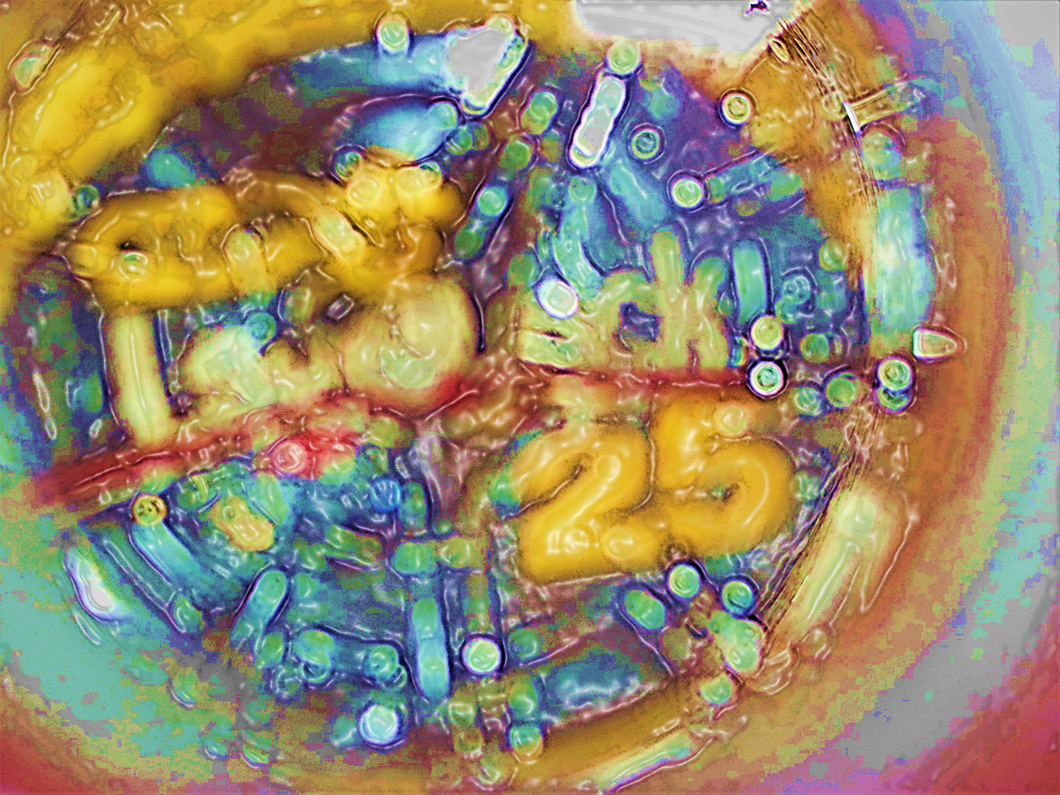Chances are we may have learned a little bit of math in school, but we never got the opportunity to learn more complicated levels of arithmetic such as trigonometry; especially because some of us took career paths that did not involve a lot of math. Or we may have come across quotations and references of William Shakespeare in the films we watch or the books we read before actually discovering which plays they come from. If that is the case, then there are definitely subjects within subjects when it comes to education.
In my attempt to map out an educational/career path, I have decided to diversify my academic credentials by pursuing a second Master's Degree in a field that contains a focus on the STEM field. The issue is that I would need to completely readjust my way of processing information in order to pass the GRE test (which is an examination required for anyone pursuing a Master's Degree, though I am pursuing a graduate field that did not require it) as well as actually succeed and even enjoy the courses. That would mean that I would have to take advantage of the tutoring services in my university as much as I can.
Though would I really need to completely readjust my way of processing math when I already took all of my math requirement courses in community college? Because it is not like I DO NOT know what a Roth IRA or geometric shapes are, but I do have a problem with disassembling these equations and finding out the results. Therefore, this means that I have a problem with problem-solving--when the issue involves mathematics.
There is the linguistic issue that can come about when it comes to my predicament, which is that I do not simply LEARN but EXPLORE. Instead of using a word most associated with the process of accumulation, I would have to use a word that has value in terms of finding or uncovering things that were hinted at and already conceptualized in my mind.
In other words, I investigate further what makes equations and the structure what they really are not to draw my own conclusion but to discover what that conclusion already is. Normally, we usually think of knowledge as empirical, in other words as only drawing conclusions based on evidence, also known as "a posteriori." However, I will say that in my case, it is more about the "a priori" argument, which is that the truth can be found without the need of any proof. This theory applies to mathematics since the overall structure is already present all around you without the need for belief.
Since the truth is already present within the objects themselves (such as the "a priori" statement: 2+2=4; "Red is a color;" and "If today is Tuesday then it is not Thursday"), it would mean that I would have to shift from my way of thinking as a Liberal Arts major, where I have always had to conjure up my own conclusion or my own opinion with references to my claims. It would mean that I would have to go beyond simple memorization of the equations and about actually applying them in any way possible.
However, because I am more specifically interested in the sciences, it would involve the same types of "a posteriori" type of thinking that would have been needed as a liberal arts major, particularly since the Scientific Method is involved which is heavily reliant on evidence and developing hypotheses.. Since I would need to take the GRE and employ math skills to my natural science education, would I need to employ both "a priori" and "a posteriori" ways of justification into my education?
I think that the issue is really multifaceted and one that I would have to answer while pursuing this diversified field. I have decided to attempt to pursue an M.S. in order to uncover deeper truths that rest within this world around us, as well as to bring a sense of relevance to the scientific field that was generally considered boring. Namely making science relevant to me and perhaps to anyone else interested. It wouldn't simply involve learning about the field but learning more in-depth about it.



















